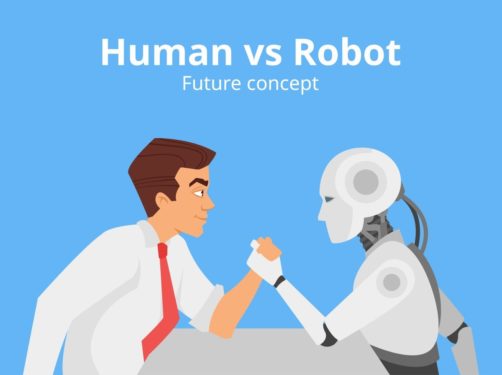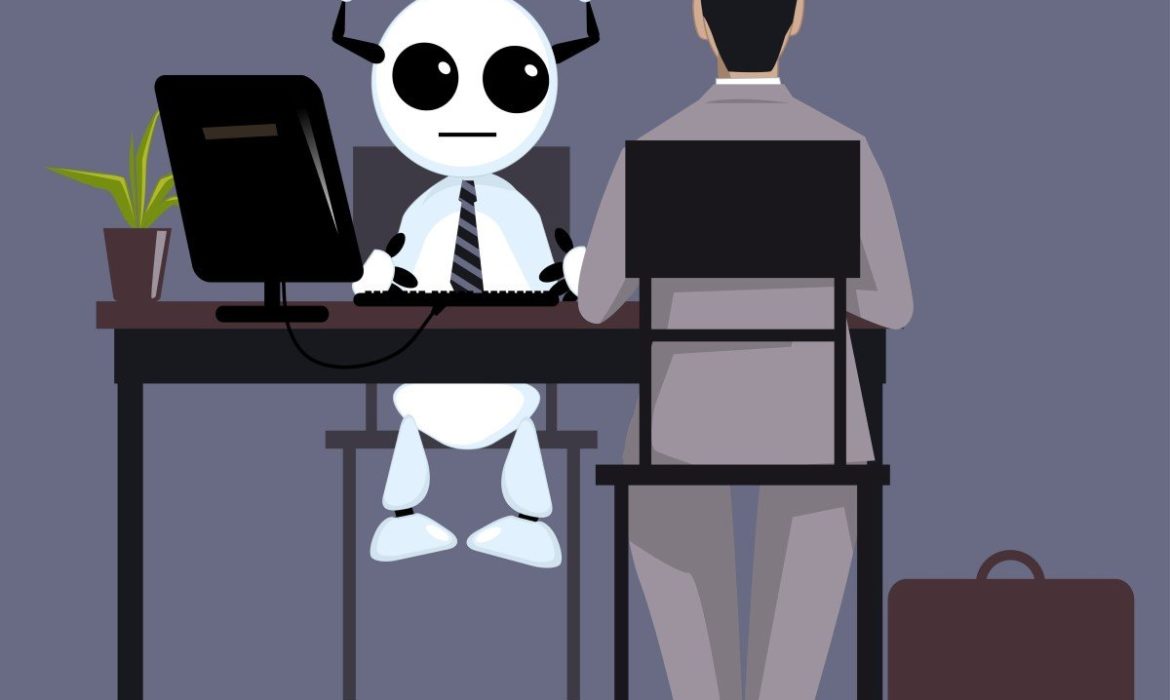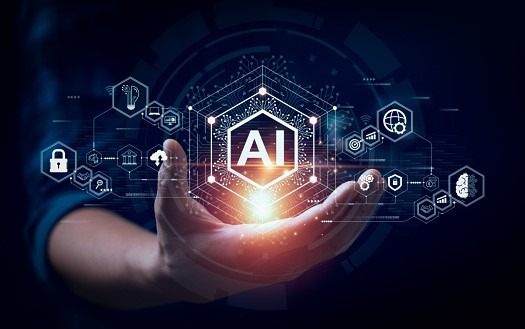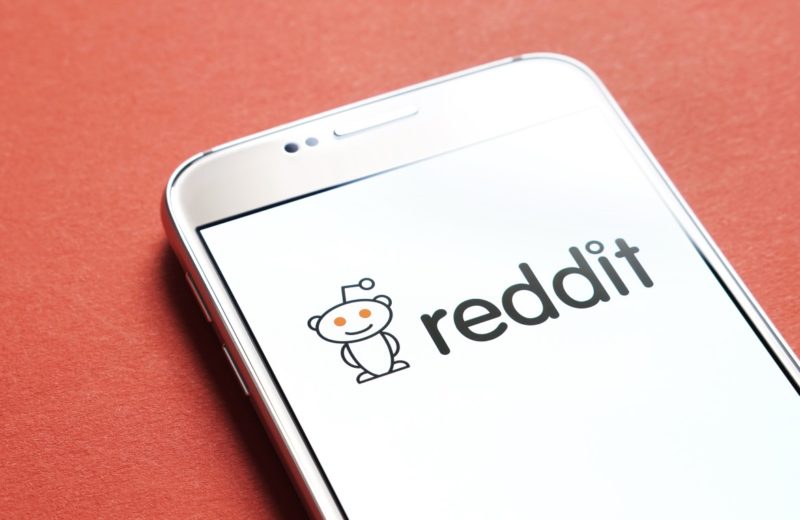Today’s article will be about job interviews and artificial intelligence. Previously college career centers were preparing students for job interviews. Thus, they were helping them learn how to write a standout cover letter or how to dress appropriately. Now they want to prepare students for another reality. Artificial intelligence may vet them for jobs.
Universities like the University of North Carolina at Charlotte, Duke University, and Purdue University use career counselors who work to find out which companies use artificial intelligence. They try to help students win, if it’s possible, over the algorithms. Moreover, many businesses want to fill entry-level positions and internships. They receive a surplus of applications. So, companies turn to outside companies, for example, HireVue, to help them quickly conduct vast numbers of video interviews.
Thanks to the HireVuew, a business can pose pre-determined questions that candidates answer on camera through smartphone or laptop. These questions are often recorded by hiring managers. In most cases, those videos are then poured over by algorithms analyzing details such as facial expressions, grammar, and words of the job applicant. Algorithms try to determine what kinds of attributes a job applicant might have. The algorithms will conclude whether the candidates are good at working, resilient, or tenacious when working on a team, based on this analysis.
Artificial Intelligence as an Obstacle?
Many rumors were about the potential of artificial intelligence to replace the jobs of humans in the future. Nevertheless, the use of services, for instance, HireVue, highlights a different concern. Artificial intelligence can be a gatekeeper for today’s jobs. Most probably, companies are not ready to outsource vetting candidates for executive and C-Suite positions to algorithms. Despite this, stakes are lower for internships and entry-level roles. It means some college students are kind of guinea pigs for largely unproven evaluating mechanisms for applicants.

For the technology used, there are few industry standards or regulations. Nevertheless, Illinois changed that with a recently enacted law. Their interviewees don’t know how, or when artificial intelligence analyzes their interview. Those are trying to guide new graduates and college students through the interview process, and for the job seekers, it creates a sense of uncertainty.
The assistant director for employer relations at UNC Charlotte’s university career center is Matthew French. He said that it is the wild, wild west right now for interviewing processes.
Duke undergraduate student Sarah Ali went through around eight interviews of HireVue. Those interviews were with various companies for internships and jobs in fields like marketing and technology. Only the first interview got her a marketing internship. Otherwise, all the meetings were not helpful. She is not sure whether artificial intelligence played some role in the process or not.
Sarah acknowledged that if she knew for sure, artificial intelligence was involved, she would have done a lot of things differently. She might have used vital phrases or words that artificial intelligence would pick up. Also, she would keep direct eye contact with the camera.
Let’s see how successful artificial intelligence will be in the applicants’ analysis.
















